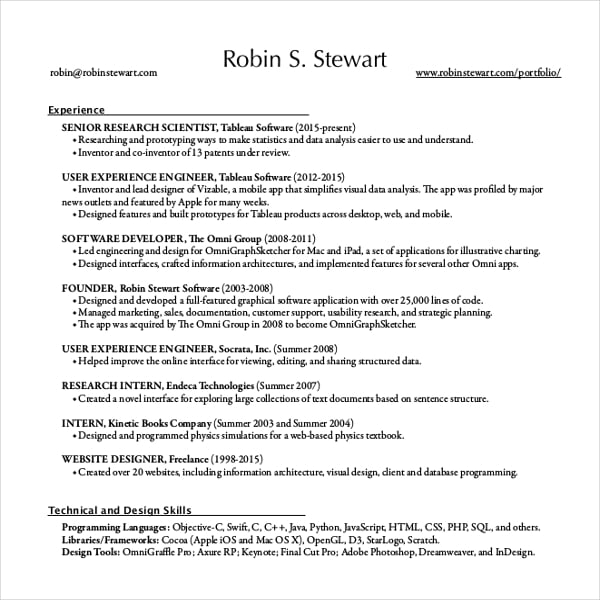Homo Sapiens (our species), are animals from the genus Homo (man) and the species Sapiens (wise). Members of the Homo genus evolved in East Africa about 2.5 million years ago. This means that when. Sapiens: A Brief History of Humankind by Yuval Noah Harari describes the development of the human species, who refers to as Sapiens. It begins in the earliest stages of evolution and ends at the present day with some broad predictions for humanity’s future. Harari states that our. In Sapiens: A Brief History of Humankind, Yuval Noah Harahi identifies three specific 'revolutions' which were central to the development of the human species. The first was the Cognitive Revolution; taking place between 70,000 and 30,000 years ago, it was responsible for the development and use of language. Summary This book begins by giving a broad overview of the history of the universe. 13.5 billion years ago, matter and energy came into being with the Big Bang. This was the beginning of physics. 300,000 years later, more complex substances, whose properties and interactions are described by chemistry, emerged. 3.8 billion years ago, life appeared, heralding the beginning of biology.
Summary

This book begins by giving a broad overview of the history of the universe. 13.5 billion years ago, matter and energy came into being with the Big Bang. This was the beginning of physics. 300,000 years later, more complex substances, whose properties and interactions are described by chemistry, emerged. 3.8 billion years ago, life appeared, heralding the beginning of biology. Finally, 70,000 years ago modern human beings, known as Homo sapiens, spread throughout the Earth and began to form cultures, signalling the start of history. Homo sapiens, Harari argues, achieved dominance because of the Cognitive, Agricultural, and Scientific revolutions. He notes, however, that sapiens were not the only humans to ever exist. He states that several other species of humans belonged to the same genus, a biological grouping that denotes a common ancestor. Beyond that, humans are related to apes. Before 8,000 B.C., a variety of human...
Timeline of History
Years Before the Present | |
13.5 billion | Matter and energy appear. Beginning of physics. Atoms and molecules appear. Beginning of chemistry. |
4.5 billion | Formation of planet Earth. |
3.8 billion | Emergence of organisms. Beginning of biology. |
6 million | Last common grandmother of humans and chimpanzees. |
2.5 million | Evolution of the genus Homo in Africa. First stone tools. |
2 million | Humans spread from Africa to Eurasia. Evolution of different human species. |
500,000 | Neanderthals evolve in Europe and the Middle East. |
300,000 | Daily usage of fire. |
200,000 | Homo sapiens evolves in East Africa. |
70,000 | The Cognitive Revolution. Emergence of fictive language. |
45,000 | Sapiens settle Australia. Extinction of Australian megafauna. |
30,000 | Extinction of Neanderthals. |
16,000 | Sapiens settle America. Extinction of American megafauna. |
13,000 | Extinction of Homo floresiensis. Homo sapiens the only surviving human species. |
12,000 | The Agricultural Revolution. Domestication of plants and animals. Permanent settlements. |
5,000 | First kingdoms, script and money. Polytheistic religions. |
4,250 | First empire – the Akkadian Empire of Sargon. |
2,500 | Invention of coinage – a universal money. |
2,000 | Han Empire in China. Roman Empire in the Mediterranean. Christianity. |
1,400 | Islam. |
500 | The Scientific Revolution. Humankind admits its ignorance and begins to acquire unprecedented power. Europeans begin to conquer America and the oceans. The entire planet becomes a single historical arena. The rise of capitalism. |
200 | The Industrial Revolution. Family and community are replaced by state and market. Massive extinction of plants and animals. |
The Present | Humans transcend the boundaries of planet Earth. Nuclear weapons threaten the survival of humankind. Organisms are increasingly shaped by intelligent design rather than natural selection. |
The Future | Intelligent design becomes the basic principle of life? Homo sapiens is replaced by superhumans? |